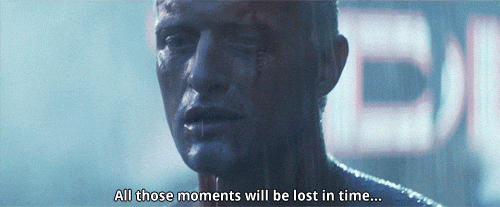Blade Runner, released in 1982, is a science fiction film directed by Ridley Scott that has left an indelible mark on popular culture. The movie explores themes such as identity, humanity, and what it means to be alive. However, one aspect of the film that often goes unnoticed is its social implications.
The world depicted in Blade Runner is a dystopian future where humans coexist with artificial beings called replicants. This raises questions about our relationship with technology and how we perceive it as part of society. The movie challenges us to consider whether these advanced machines should be treated differently than humans or if they are simply another form of life deserving equal rights and protections.
Furthermore, Blade Runner also touches upon issues related to immigration and xenophobia. In the film, replicants are seen as outsiders who pose a threat to humanity. This reflects real-world fears about immigrants and refugees, highlighting how society often views them with suspicion or even hostility. By exploring these themes, Blade Runner encourages viewers to reflect on their own biases and prejudices when it comes to accepting newcomers into our communities.
In conclusion, while Blade Runner may be best known for its groundbreaking visual effects and iconic score, its social implications are equally important. The film challenges us to think critically about our relationship with technology, how we treat those who are different from us, and what it means to be human in an ever-changing world.
